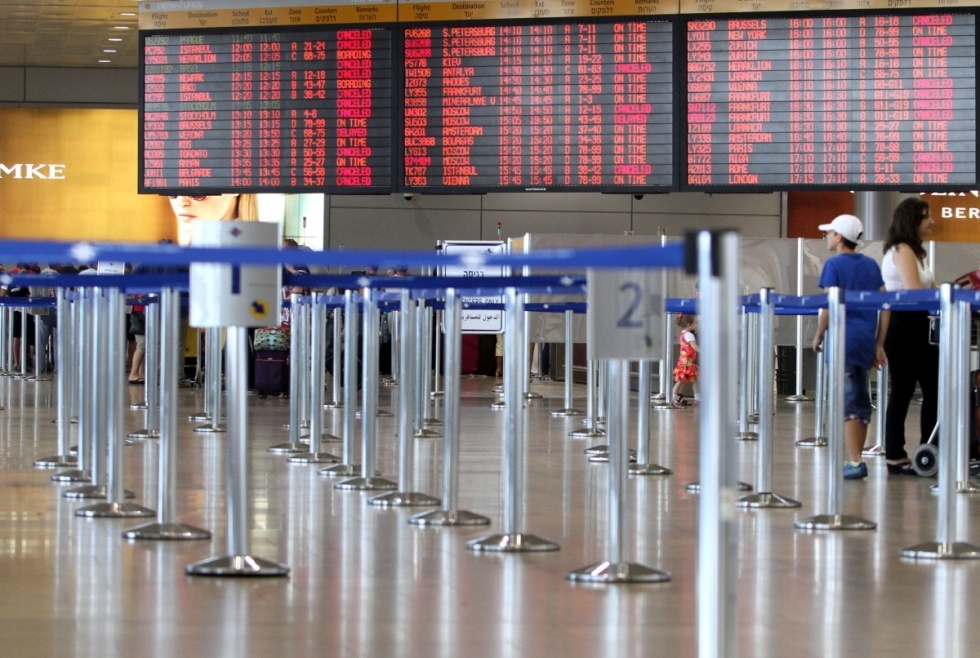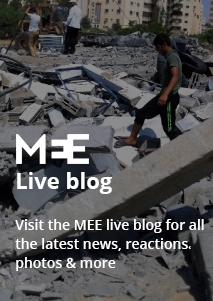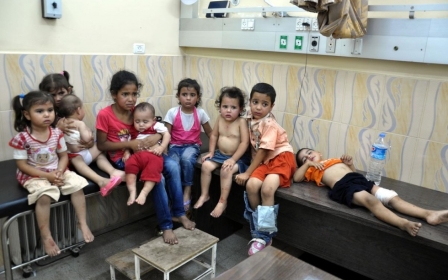Hamas fires three rockets at Israel's Ben Gurion airport

Hamas said on Friday that it had fired three rockets at Tel Aviv’s Ben Gurion airport, a day after US and some European airlines had resumed flights following a two-day suspension.
“At 11.45am (0845 GMT), the Qassam Brigades bombarded Ben Gurion airport with three M75 rockets,” a statement from Hamas’s military wing said.
Local residents posted to Twitter that the rockets did not hit the airport but landed in a nearby field.
The American Federal Aviation Administration (FAA) barred all flights to Israel on Tuesday after a rocket fired from Gaza landed one mile from the Tel Aviv transport hub. Some European airlines followed suit and suspended operations to Israel, although these have now resumed.
Marie Harf, deputy White House spokesperson, denied on Wednesday that the move had been designed to pressure Israel into accepting a ceasefire to end their military operation in Gaza.
Since the Israeli army assault began on 7 July in Gaza Palestinian groups in the coastal enclave have fired more than 2,350 rockets into Israel. Many have been intercepted by Israel’s protective Iron Dome System, although tens of people have been injured and numerous others treated for shock.
A Thai farm worker was killed by rocket fire on Wednesday in south Israel, becoming the third civilian casualty on the Israeli side. As of Friday morning 32 Israeli combat soldiers had been killed in their operation on Gaza.
There was no immediate response from airlines as to whether the latest rocket fire will impact on flights to Tel Aviv and the rest of Israel.
New MEE newsletter: Jerusalem Dispatch
Sign up to get the latest insights and analysis on Israel-Palestine, alongside Turkey Unpacked and other MEE newsletters
Middle East Eye delivers independent and unrivalled coverage and analysis of the Middle East, North Africa and beyond. To learn more about republishing this content and the associated fees, please fill out this form. More about MEE can be found here.





